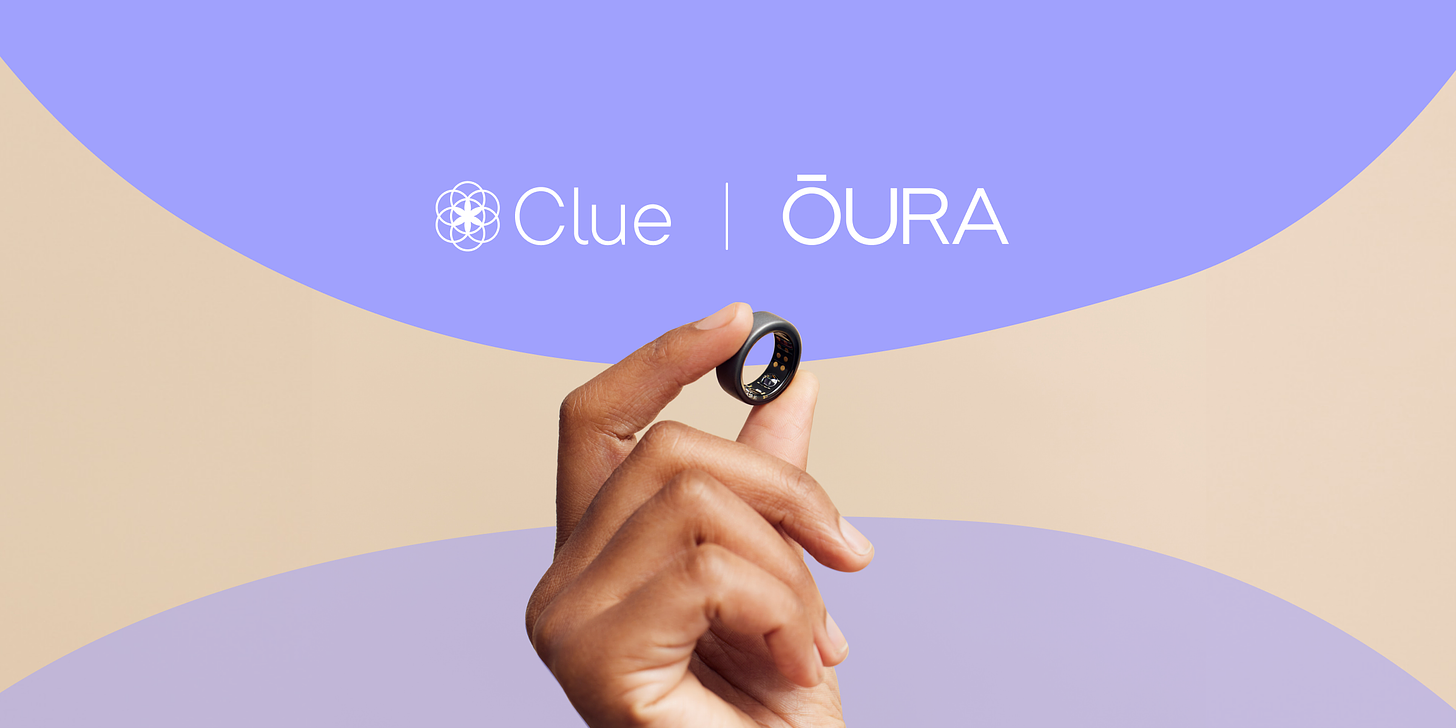The Pioneers Bringing Menopause Tracking To Wearable Tech
The Future of Menopause Tracking Starts Here
Over the past five to ten years, we’ve started talking about perimenopause and menopause. But understanding and action are proving more difficult.
Policies such as paid menopause leave, training for healthcare workers, and the question of whether employers could be sued for not making “reasonable adjustments” while their employees go through menopause, are finally being discussed and debated.
But what about the individual? With women’s health concerns historically dismissed and underplayed by physicians, and under-researched by institutions, women have been left to go through this transition alone.
But now a group of health tech companies - including Oura, Clue, Mira, Embr, Amira, and Peri (IdentifyHer) are stepping into this area. By collaborating with institutions on research, using prototype, mainstream, and dedicated wearables to collect biodata, they are enabling women to track, manage, and alleviate symptoms in real time.
And it turns out that menopause tracking can not only provide vital data for women, but can also tell us about the future of women’s health tech.
Heart Rate, Sleep and Perimenopause
Menopause is clinically defined as when a woman or person who menstruates hasn’t had a period for twelve months. And it typically begins at age 45 to 55.
The period before this, perimenopause, can include all the same symptoms, such as hot flashes, brain fog, anxiety, headaches, difficulty sleeping, and vaginal dryness (the list goes on). You may have, for instance, irregular periods at this point, and it can begin as early as your 30’s and you may still be able to get pregnant.
So how can someone pinpoint when they have entered perimenopause? Doctors can listen to self-reported symptoms, carry out hormone tests, and offer treatments including HRT (hormone replacement therapy). But there’s a lot more we still don’t know about this phase of women’s lives - and mainstream wearables appear to be able to help.
To this end, Oura has just kicked off a study with the University of California Berkeley and the reproductive health platform Clue, which has a new Perimenopause Mode.





